

Everybody knows that sunflowers turn their heads toward the sun. But until now no one knew whether the movement simply followed the sun’s arc, or whether some internal rhythm guided the plants. Now we have a clue.
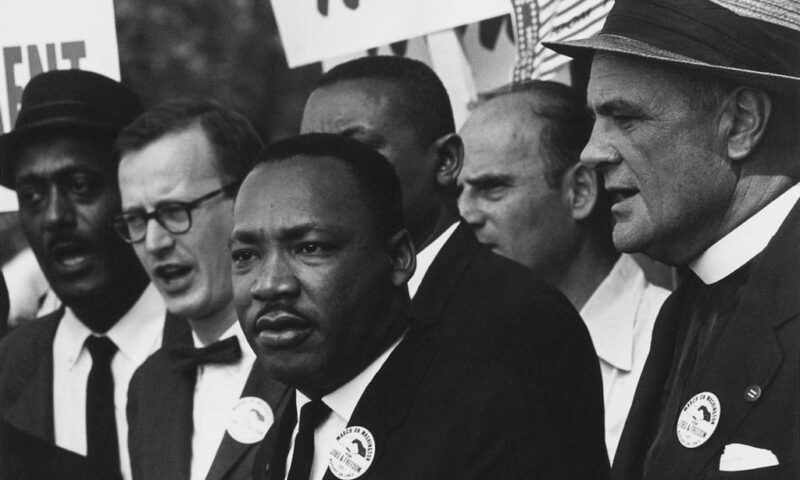

Most Americans today know that Reverend Martin Luther King Jr. was killed in Memphis, Tennessee in 1968, but few know why he was there. King went to Memphis to support African American garbage workers, who were on strike to protest unsafe conditions, abusive white supervisors, and low wages — and to gain recognition for their union.
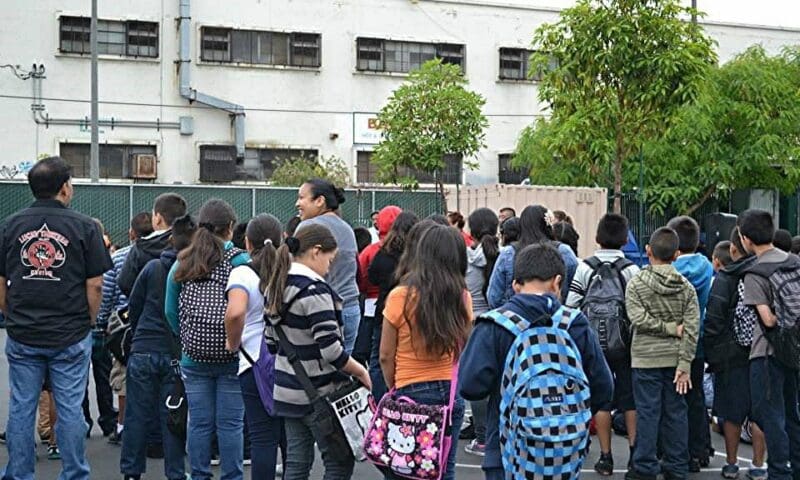

When the Olympics ended so did a multimillion-dollar assault on democracy. From the start of the games in Rio to the closing ceremony, television viewers in Massachusetts had been bombarded with a $2.3 million ad campaign funded by Wall Street.
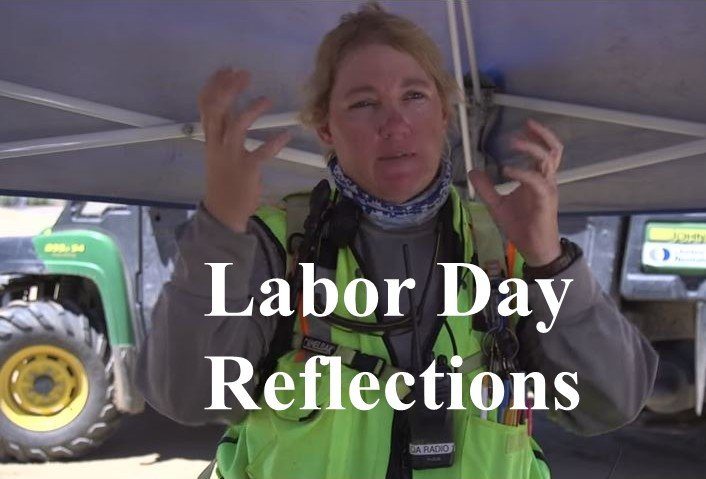

With good union training, wages and benefits, Cathy Nichols, a single mother, was able to provide for herself and her son without fear of impoverishment or medical calamity.


Editor’s Note: Pandora Young recently visited two medical marijuana dispensaries in downtown Los Angeles and in Sherman Oaks. This may be the last summer when recreational pot possession is a crime in California – if Proposition 64 passes in November, medical marijuana will no longer be the only legal way to obtain and use cannabis products.


When we speak of legalizing marijuana we are really speaking of the Great Cannabis Debate. Come November, Californians will vote on Proposition 64, the Adult Use of Marijuana Act, which could bring safety and security for both cannabis consumers and farmers, and the sales taxes accrued could provide much-needed revenue to our state.
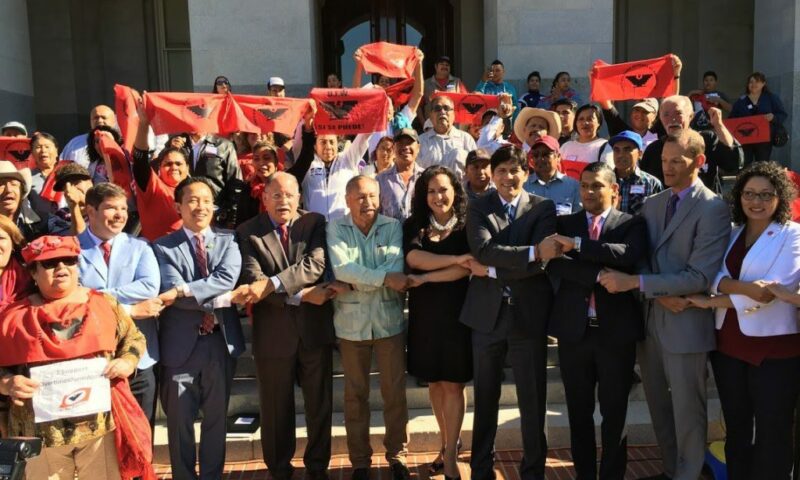
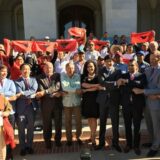
Bill Raden reports on the Assembly’s approval of overtime pay for California’s farm laborers, based on an eight-hour workday.


In February of 2013, the employees of Wellness Connection, a medical marijuana provider based in Auburn, Maine, were worried about their product. They’d observed mold and fungus on their plants too often; bugs were infesting their work areas. Some of the chemicals they were being asked to use, such as the insecticide pyrethrin, had known health effects.
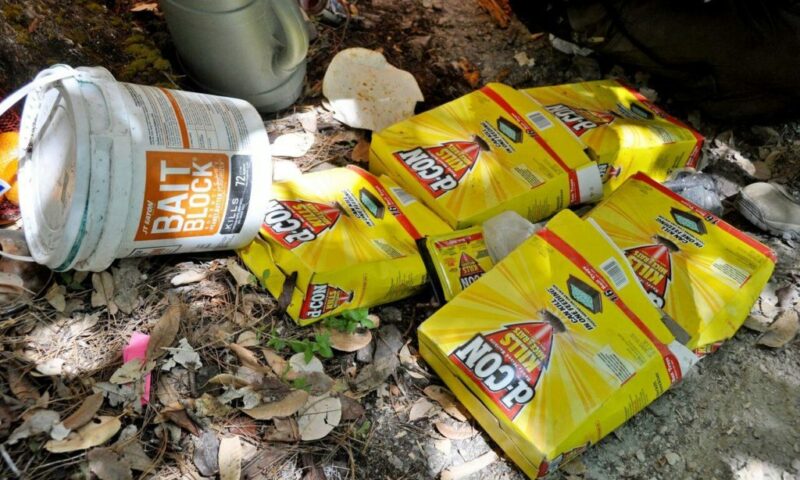

In his sunny office on the edge of town in Arcata, California, Scott Greacen pulls up a slideshow on his large high-resolution monitor. As wildflowers sway in the wind outside a window, a woodsy guitar solo starts to play along with the pictures. Greacen mutes it; he wants to focus on destruction.
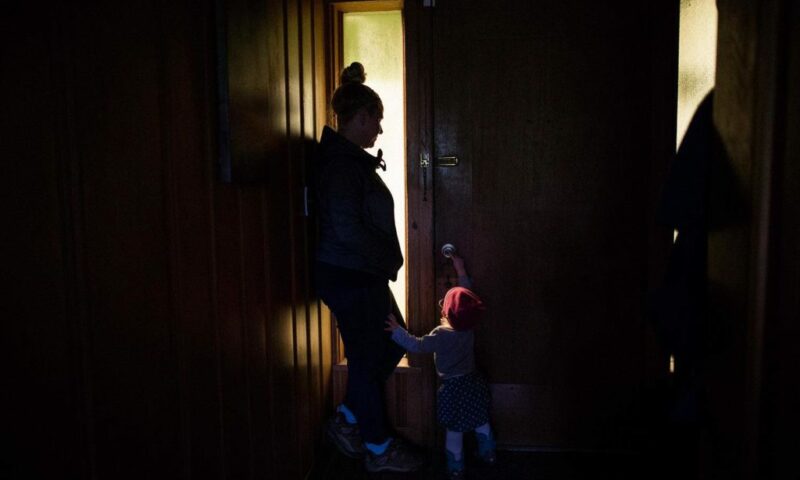

Rural Trinity County is home to 13,500 people in Northern California and marijuana production is rampant there. Along with Humboldt and Mendocino counties, Trinity comprises California’s “Emerald Triangle,” a region known for its prolific marijuana farming. Hayfork is Trinity County’s second largest town, and an area of concentrated production.